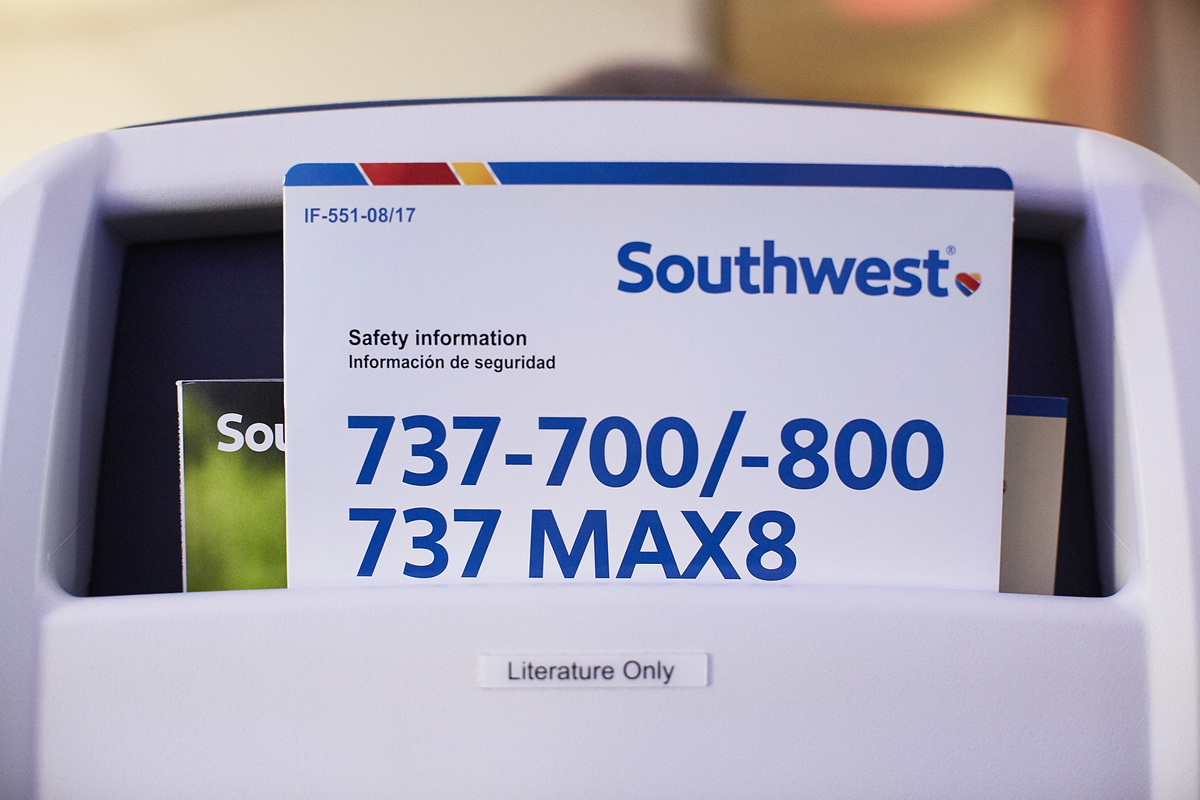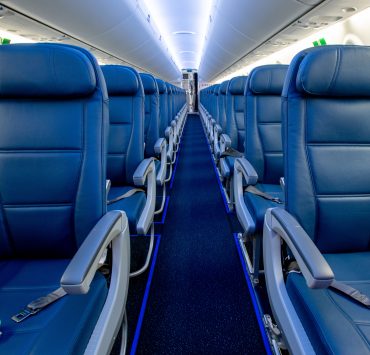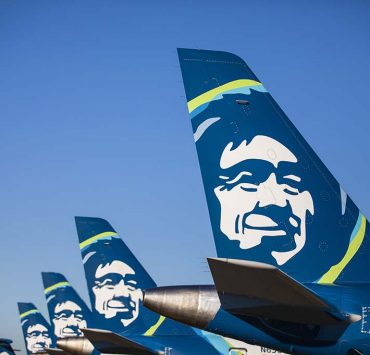
A federal judge has sided with aircraft manufacturer Boeing after eight Southwest Airlines flight attendants sought to bring a class action lawsuit against the company, claiming it was responsible for loss of earnings stemming from the worldwide grounding of its ill-fated 737MAX aircraft.
The plaintiffs first filed their lawsuit against Boeing in March 2020, a year after the 737MAX had been grounded following two fatal crashes that were linked back to faulty pitch stability software.
The aim of the eight plaintiffs was to represent Southwest’s 17,000 strong flight attendant workforce who had potentially lost out on earnings caused flight cancellation following the aircraft being grounded. At the time, Southwest had 34 Boeing 737MAX jets in its fleet, resulting in around 333 daily flight cancellations.
The lawsuit claimed Boeing “used the 737 legacy to cloak the 737 Max in a fiction of familiarity”, rushing the plane to market because it feared competition from Airbus and its popular A320NEO model, the Cook Country Record reported.
“In addition to concealing the known design and safety defects, Boeing doubled down by misrepresenting to the world that the 737 MAX was a safe aircraft,” the lawsuit continued. The argument being that if the world had known about faults with the 737MAX, then airlines like Southwest would never have ordered it and flight attendants wouldn’t then have lost out on earnings when it was grounded.
U.S. Judge Robert Gettleman, however, noted that the plaintiffs weren’t able to link their scheduled flights to any of the flights that Southwest cancelled as a result of the 737MAX being grounded.
Gettleman also said the claims had more to do with the collective labor agreement that the flight attendants had negotiated with Southwest Airlines and which links pay to flights worked. Boeing, Gettleman concluded, couldn’t be held responsible for the collective labor agreement.
“As the complaint makes clear, however, the negotiations and agreement occurred well before (Boeing) had even achieved a firm design configuration and more than a year before (Boeing) began ground testing of the engine,” the judge’s opinion explained.
Boeing also argued that if the flight attendants could sue for loss of earnings from the grounding of the plane, then the aircraft manufacturer could potentially be forced to pay compensation to anyone else with the remotest link to the plane losing out on pay.
Mateusz Maszczynski honed his skills as an international flight attendant at the most prominent airline in the Middle East and has been flying throughout the COVID-19 pandemic for a well-known European airline. Matt is passionate about the aviation industry and has become an expert in passenger experience and human-centric stories. Always keeping an ear close to the ground, Matt's industry insights, analysis and news coverage is frequently relied upon by some of the biggest names in journalism.









